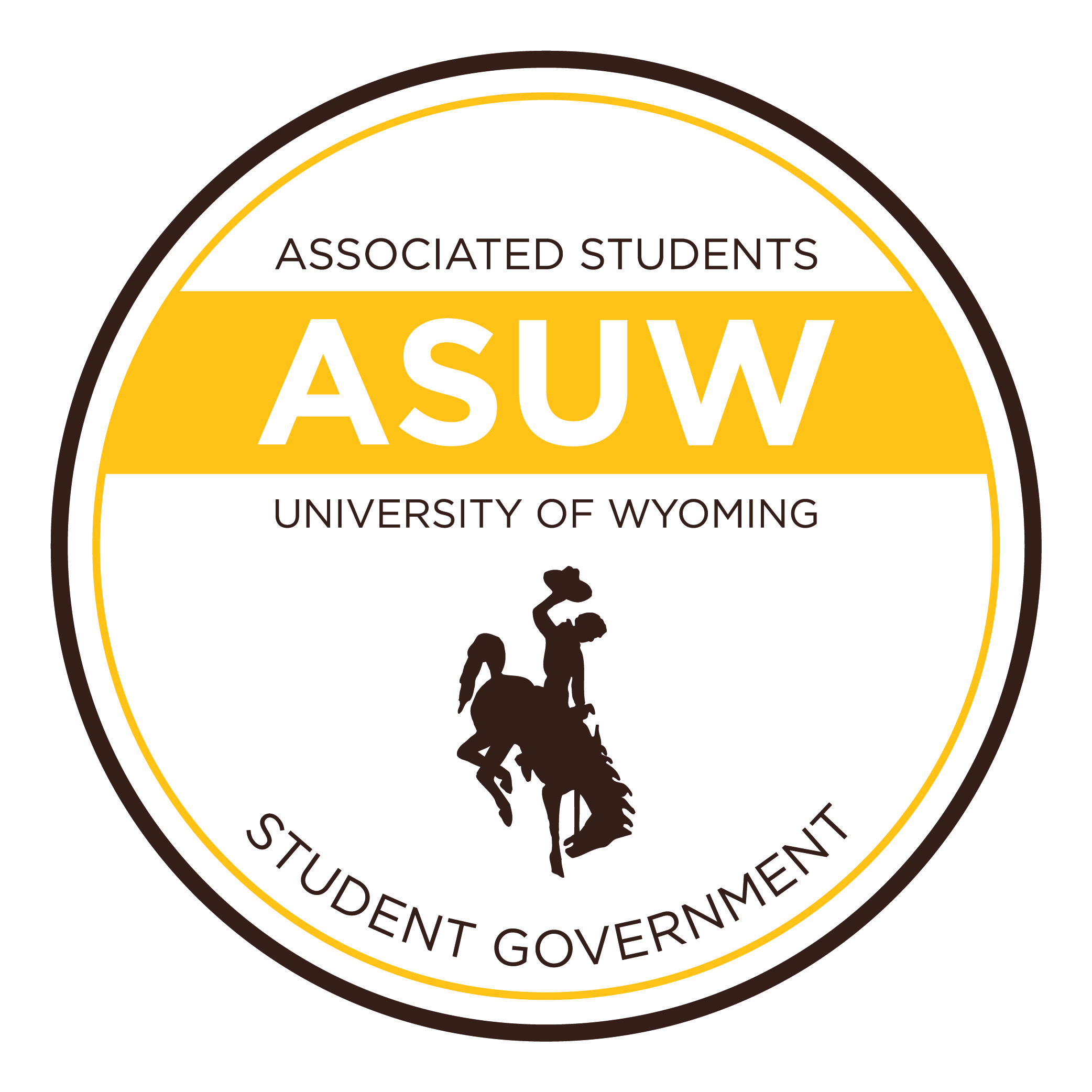On Friday, Feb. 9, the College of Law will be hosting its third symposium regarding workers’ compensation, which focuses on the nuances of workers’ compensation law and specific issues that arise in Wyoming’s work environment.
This symposia began in late September 2017 and will finish on April 13, 2018. Friday’s presentations will feature two presenters, Professor Michael Duff and Attorney Mike Newman.
The symposia is put on by Duff as the research side of his faculty position and provides information for attorneys across the state.
Duff will look at temporary versus permanent and partial versus total benefits, trotting out the four models used to calculate benefits in the United States.
In addition to that, Newman will discuss the differences between permanent partial impairment and permanent partial disability, a distinction that is unique to Wyoming law. He will also look more closely at other characteristics of Wyoming law that are unique and how they fit into the general American system.
“There isn’t a lot of workers’ compensation specific law for Wyoming, so that’s one of the big things he has been working on,” Christine Reed, Director of Communications for the College of Law, said. “This was kind of a good way for him to do that material and for us to provide outreach to the state.”
After admission into the bar, attorneys are expected to take programs to continue their professional development with continuing legal education programs (CLE). The College of Law offers these programs occasionally, this symposia being one of them.
Because there are attorneys around the state that may not be able to physically attend the symposia, the College of Law offers live online streaming.
“One of the comments we get is that it’s really hard for people around the state to attend CLE that we put on,” Reed said. “Us doing live stream allows them to get CLE credit for free and also that information.”
The symposium is an educational opportunity available to students, not just attorneys.
“I have interest in workers’ compensation law even though I haven’t had the opportunity to take the class, which is why I’m contemplating going,” Hallie Bell, law student, said.
Tia Hampton, law student, said, “I want to be able to focus my future studies around what I find interesting. Also, the idea of representing people who can’t afford to go without workers compensation and rely on the program to work interests me. I’m always about fighting for the underdog.”



